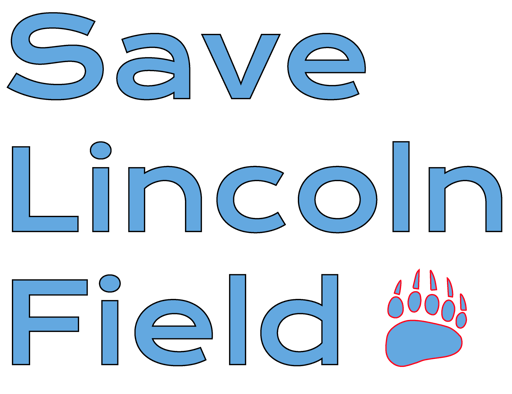Ashland School District Housing Development Timeline & Key Points
2023
Innovation Committees Formed by Ashland School Board (ASB) and former Superintendent to explore improvements:
School Calendar & Schedule
Reimagining High School
Enrollment & Attracting Families
Subcommittee on Housing formed under Enrollment initiative.
Members: Dan Ruby, Jill Franko, Steve Mitzel.
Created Sunstone, a non-profit to act as housing developers.
Krista Palmer hired as Executive Director of Sunstone. Her resume provides no previous qualifications or experience for this position. Her last professional position status was as an occupation therapy aid.
2023–2024
Lincoln Field (student sports field) selected as development site:
Located at Mountain & E. Main Street, adjacent to Ashland High School.
Previously used for soccer, baseball, softball, and community youth sports.
Facilities stopped performing maintenance and Closed during COVID and construction.
Grant money secured for housing planning staff and consultants – claimed to be no cost to the district.
March 16, 2024
District sold a district owned parcel of land to Chris Brown from Architekt who was heavily involved in the bond work and development of the original housing plan.
Sale price: $35K
Market value: $130K
Ashland School District (ASD) Housing Development – Summary of Key Events
2023 – Committees & Project Launch
ASB and former Superintendent created “Innovation Committees” to improve district outcomes:
Focus: Calendar/Schedule, Reimagining High School, and Enrollment.
Housing Subcommittee formed under Enrollment; Unlike the other committees, these meeting notes were not displayed publicly.
ASB members Dan Ruby, Jill Franko, and ASD Director Steve Mitzel created Sunstone nonprofit to develop housing.
Krista Palmer hired as Sunstone’s Executive Director.
Lincoln Field, a student-used sports field, selected for housing development.
Project framed as low-income/teacher housing funded by grants.
2024 – Land Sales & Community Pushback
March 2024: ASD owned land (526 Waterline Rd.) sold to developer Chris Brown for $35K, though city listed value at $130K.
Nov 2024: ASB announced Lincoln Field would be used for “accessible housing” for ASD families.
Banners placed on the field.
Messaging shifted from low-income to accessible/attainable housing.
Coaches & community launched petition (782+ signatures) to save the field.
Dec 2024: Students/families protested at ASB meeting.
Concerns: traffic, field loss, equity, safety.
ASB ignored opposition and approved developer.
ASB promised “we will find you a new field.”
2025 – Housing Plans Finalized
Feb 2025: Sunstone presented plan for 91 units (80–120% AMI income).
Mostly apartments, not targeted at low-income or teachers.
ASB estimates 15–31 new families (≈31 students) might enroll.
Over 100 students currently use Lincoln Field for sports.
Lincoln Field remains locked since COVID and construction.
No traffic studies completed.
March 20: Jill Franko withdraws from school board race for position 1 at last minute of the filing deadline leaving Jordan Rooklyn to run uncontested. Dr. Ann Gaffney switches from running for position 3 to position 1.
April 24: A "citizen" complains to the city of Ashland that student signs hung on Lincoln field fence in support of saving the field violate a city ordinance. They are removed the next day. Sunstone had signs hung on the same fence since October, 2024.
April 28: Ashland Parks vote to charge resident households $6.50 a month to fund their budget and $5.00 an hour for field usage raising cost for all youth sports clubs.
District Challenges & Mismanagement
Budget crisis and failed audits ongoing.
Corrective action plan in place.
Illegal borrowing of bond funds in 2024 by Business Services Director.
Continued stipends to leadership during financial crisis.
ASB labeled Lincoln Field as “surplus land” without data or coach input.
No outreach to sports programs or families using the field.
No research conducted on 300–500 ASD-resident students attending other schools.
No exit interviews or surveys performed.
Concerns Raised
Loss of critical student sports space used by soccer, baseball, and softball teams.
Development may not increase enrollment, while reducing student resources.
No precedent for an Oregon school district selling a student sports field for housing.
Community sees this as removing assets rather than supporting student success.
